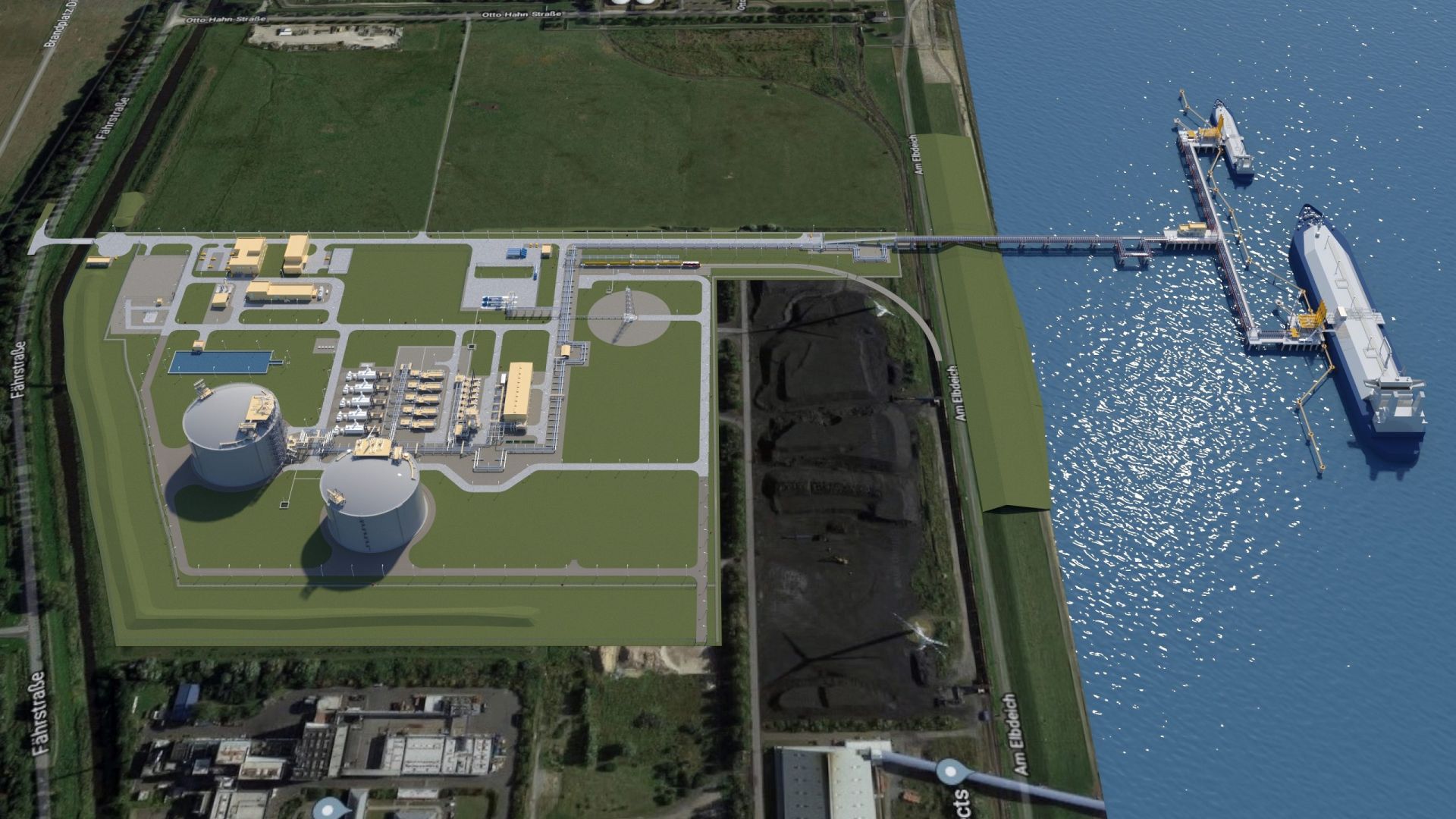
The European Commission (EC) has approved the Germany’s €40m state-aid to support the construction and operation of a new on-shore LNG terminal in the town of Brunsbüttel.
The EC approval, granted under the EU state aid rules, is expected to strengthen the security and diversification of Germany’s energy supply, and dependence on Russian oil.
The new LNG terminal at Brunsbüttel, with a capacity to import, store, and distribute 10 billion cubic meters of LNG, is expected to begin operations by the end of 2026.
Germany-based renewable energy company RWE and the Dutch energy network operator Gasunie are the beneficiaries in this project.
German LNG Terminal (GLNG) will build and operate the planned new LNG terminal.
The German government, through KfW bank, will hold a 50% stake in GLNG, while Gasunie will holds a 40% stake, and RWE the remaining 10% stake.
Gasunie, in its statement said: “The measure will contribute to the security and diversification of Germany’s energy supply and help end dependence on Russian fossil fuels in line with the REPowerEU plan. That’s why his terminal will make a significant contribution to German and European natural gas supplies in the coming years.
“GLNG is expected to regasify and feed some 10 billion cubic meters of natural gas into the German grid annually from the end of 2026.
“German LNG currently consist of a team of 25 to 30 specialists. They are carefully planning and building a terminal for the forward-looking import of energy from conventional LNG at first but ready to import climate-neutral hydrogen as soon as it is put into operation.”
According to the EC, the Brunsbüttel LNG project entails a total investment of around €1.3bn, and will be converted after 15 years of operation, at the latest by 2043.
The terminal will benefit from a partial exemption from Third Party Access and from Tariff Regulation, already approved by the German regulatory authority.
German government will provide the €40m support for the LNG terminal, in the form of a preferential dividend distribution mechanism, through KfW.
KfW will exit the project after 15 years of operation, when the preferential dividend distribution mechanism will be stopped.
EC executive vice-president, in charge of competition policy Margrethe Vestager said: “The new LNG terminal in Brunsbüttel will improve gas supply and infrastructure in Germany and thereby contribute to the achievement of the EU’s goals in terms of security and diversification of energy supplies.
“The measure approved today has sufficient safeguards to limit any possible distortions to competition.”


